Cultural industries have the potential to bring not only economic benefits but also political and cultural benefits.
Associate Professor BUI HOAI SON, Standing Member of the National Assembly's Committee on Culture and Education:
Requires consistent effort over many years
The professionalization of the production of cultural products and services can create breakthroughs in cultural development while also bringing economic benefits. We can clearly see this potential through events such as Blackpink's concert tour in Hanoi, which brought in more than 630 billion VND in revenue in just 3 nights, or many movies with revenue of hundreds of billions of VND. This proves that the cultural industry has the ability to bring not only economic benefits but also political and cultural benefits.
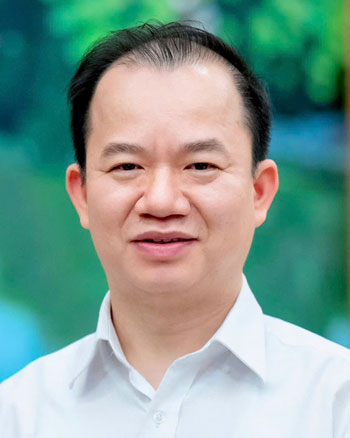
Associate Professor Bui Hoai Son. (Photo provided by the character)
For the cultural industry to develop, I think we need to pay more attention to perfecting the legal framework, creating a synchronous and favorable environment for the development of all fields in the cultural industry. Having policies to support finance, taxes and favorable legal status for businesses operating in the cultural field. Creating favorable conditions for accessing investment capital, especially for creative projects and startups.
Invest in and develop cultural infrastructure, by building and upgrading theaters, museums, cultural centers and entertainment areas to achieve high quality. Focus on training and developing human resources through enhancing in-depth training for artists, creators and employees in the cultural industry, including professional skills and foreign languages; cooperate with international educational institutions to improve training quality and update the latest trends in the industry.
Promote Vietnamese culture through modern media channels, international events and strategic marketing campaigns. Organize international art festivals, exhibitions and cultural events in Vietnam to attract the attention of international media and tourists. Vietnam also needs to strengthen cooperation with countries in the region and around the world to learn from experiences, share resources, expand markets and create conditions for Vietnamese artists and creators to participate in international exchange, performance and cooperation programs.
Becoming a cultural industry hub in Southeast Asia is not a short-term process, but requires continuous efforts over many years. And I believe that with the right strategies and determination from the whole society, Vietnam can achieve this goal within the next 10-20 years. This requires close cooperation between the State, businesses, cultural organizations and the community, along with strong support from the public.

The show “Brother overcoming thousands of obstacles” is attracting audiences. (Photo provided by the organizers)
Dr. DO QUOC VIET, Deputy Director of the Department of Cinema, Ministry of Culture, Sports and Tourism:
Building preferential policies and specific mechanisms for cinema
Vietnam has many diverse cultural and natural heritages spread across the country, which are ideal conditions to attract foreign film crews to film in Vietnam. However, we have not yet fully exploited this potential and strength because there are no preferential tax policies, pre-production technical equipment, and post-production services are not yet synchronized and modern.
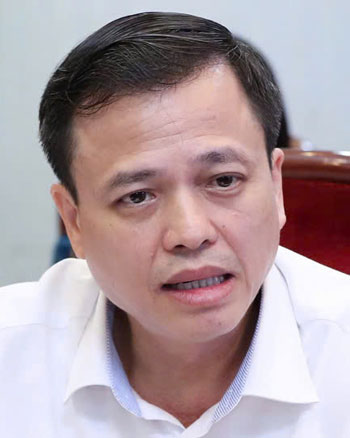
Dr. Do Quoc Viet. (Photo provided by the character)
With the main goal of reaching about 250 million USD by 2030 (Vietnamese films reach about 125 million USD), Vietnamese cinema needs to promote the role of creative industry, develop accompanying services of the film. Products promoted according to the film such as: setting, real estate, fashion; cosmetics, consumer goods, music products... need to have policies to support development.
To develop the cultural industry in the field of cinema, I propose some key solutions such as: Urgently complete legal documents to synchronize and appropriately adjust business activities in the field of cinema and other related activities. Develop mechanisms and policies in cooperation in film production investment to encourage organizations and individuals to invest in building and developing high-quality cinema complexes and screening rooms to serve social needs.
Develop policies to attract highly qualified directors, screenwriters, and cameramen to participate in film production activities in Vietnam; policies for film production, distribution, and dissemination establishments to attract investment resources and expand the Vietnamese film market. Invest in specialized, specialized training programs for the film industry through scholarship policies to train a team of professional filmmakers: screenwriters, directors, actors, cameramen, art designers, music, makeup, costumes, special effects, technology, critical theory, film production, film distribution... to meet the development needs of cinema in the new era.
Producer, director, actress MAI THU HUYEN:
Hope there are protection policies for Vietnamese films
I see that there are currently few films commissioned by the state, most of them are privately invested in production and released to the market. Therefore, large-scale films on historical and cultural topics are very rare because these films often require large investment costs and are risky in terms of capital recovery, so private filmmakers rarely choose them. They often look for topics that suit the audience's taste for commercial purposes. Therefore, I propose that the state pay attention to investing in private cinema to have large-investment film projects that create highlights for the market when released in theaters. Regarding distribution, I hope there will be protection policies so that Vietnamese films are given priority in terms of screening times and screening times.

Producer, director, actress Mai Thu Huyen. (Photo provided by the character)
Vietnamese cinema needs policies to attract foreign film crews to choose locations and use local services, contributing to promoting the natural beauty, culture and people of Vietnam through films, and boosting the local economy. This is also a solution to create opportunities for professionals to approach international crews and learn from their experiences.
For a long time, to bring films to film festivals, producers have had to research, make efforts to register and then send the film. If there was support from the management agency, a team that connects with major film festivals and brings Vietnamese films to participate every year, and has booths to introduce Vietnamese films at film markets, it would be better.
Director THAI HUAN:
It is inevitable
* Recently, Singapore won big with the deal to invite Taylor Swift to perform. What do you think about this?
- Director THAI HUAN: Linking cultural events with the tourism economy is completely correct and has achieved very clear practical results. Looking at the model of countries in the region, they have done this and have been effective for a long time. In our country, after the COVID-19 pandemic, the trend of tourism associated with cultural events (art, music, etc.) has also brought positive effects.

Director Thai Huan. (Photo provided by the character)
* According to you, what is the solution to develop Vietnam's cultural industry?
The government and entertainment companies need to work together to reach out, learn, build their image and promote their brands. Invest in education and career development, in addition to educating artists about their awareness, roles and responsibilities to the country, society and audience.
Performed by Thuy Trang
Associate Professor Dr. TRAN YEN CHI, former acting head of the Training Department, University of Theatre and Cinema, Ho Chi Minh City:
Must calculate long distance
The solution to develop the cultural industry to turn Ho Chi Minh City into a creative city is to build a long-term cultural industry development strategy. Clearly define the role and goals of the cultural industry in the socio-economic development strategy of Ho Chi Minh City. Set out a specific vision for Ho Chi Minh City to become a city in the global creative network. Select potential cultural industries such as cinema, music, design and digital content production as the focus of investment and development.
People's Artist DAO BA SON:
Turn open space into performance venue
Establish areas with concentrations of creative businesses, training facilities and co-working spaces to foster collaboration and innovation. In particular, take advantage of public spaces, turning parks, squares and open spaces into venues for cultural and creative events."
Associate Professor, Dr. PHAN BICH HA:
Inspiring creative thinking in the young generation
It is necessary to develop specialized training programs, cooperate with universities and international organizations to train experts in the fields of culture, art and creative technology. Encourage creative education from an early age, integrate subjects on art, design and technology into the general education program to stimulate creative thinking in the young generation.
In addition, organize international events and periodically hold art festivals, creative exhibitions and cultural fairs to attract the attention of the international community.
Thanh Hiep recorded
Seminar "Developing Cultural Industry: What are the pillars?"
The seminar "Developing Cultural Industry: What are the pillars?" took place at Nguoi Lao Dong Newspaper this morning, December 5.
The panel discussion was chaired by Associate Professor, Dr. Bui Hoai Son, Standing Member of the National Assembly's Committee on Culture and Education, and Dr. To Dinh Tuan - Editor-in-Chief of the Lao Dong Newspaper.
The seminar is a place to look back at the rapidly developing cultural industry in the world, which has an impact on Vietnam, in which Ho Chi Minh City - although having great potential, the level of development and efficiency of exploiting the cultural industry is still limited.
Artists will discuss methods, experiences, and lessons learned from successful projects and work towards building a cultural industry in Ho Chi Minh City in particular and the country in general.
T.Hiep
(*) See Lao Dong Newspaper from issue dated December 3
Source: https://nld.com.vn/cong-nghiep-van-hoa-truoc-co-hoi-lon-hoan-thien-khuon-kho-phap-ly-khuyen-khich-sang-tao-196241204211045169.htm



![[Photo] Moment of love: Myanmar people are moved to thank Vietnamese soldiers](https://vstatic.vietnam.vn/vietnam/resource/IMAGE/2025/4/3/9b2e07196eb14aa5aacb1bc9e067ae6f)
![[Photo] General Secretary To Lam receives Japanese Ambassador to Vietnam Ito Naoki](https://vstatic.vietnam.vn/vietnam/resource/IMAGE/2025/4/3/3a5d233bc09d4928ac9bfed97674be98)
![[Photo] Special relics at the Vietnam Military History Museum associated with the heroic April 30th](https://vstatic.vietnam.vn/vietnam/resource/IMAGE/2025/4/3/a49d65b17b804e398de42bc2caba8368)
![[Photo] Prime Minister Pham Minh Chinh chairs meeting after US announces reciprocal tariffs](https://vstatic.vietnam.vn/vietnam/resource/IMAGE/2025/4/3/ee90a2786c0a45d7868de039cef4a712)

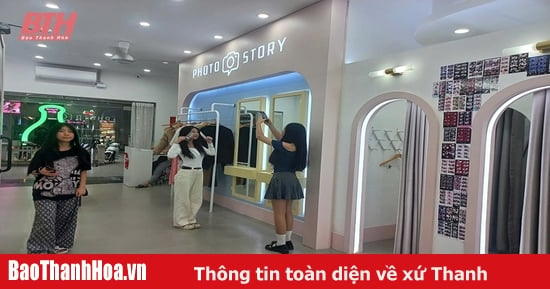

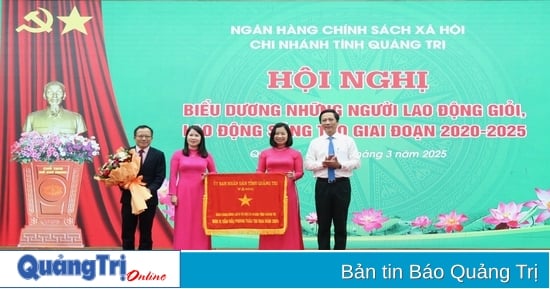

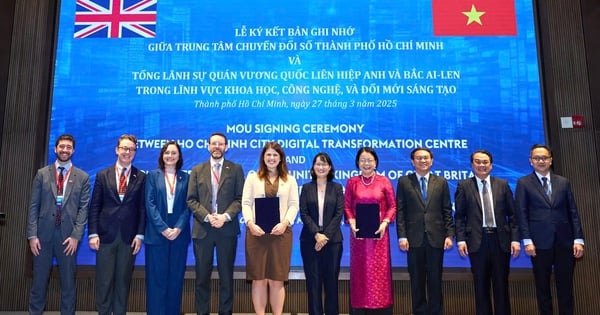

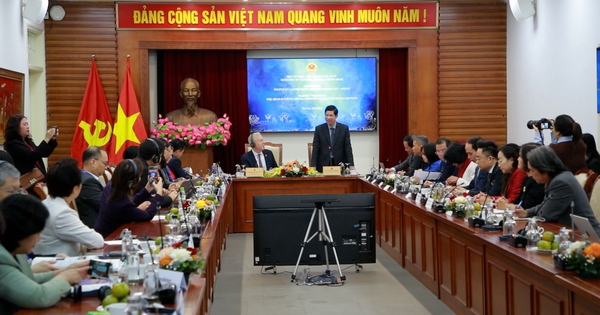

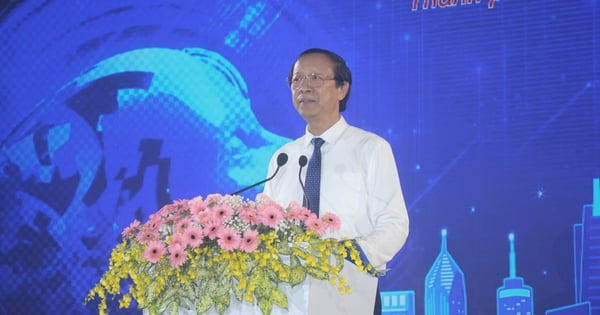




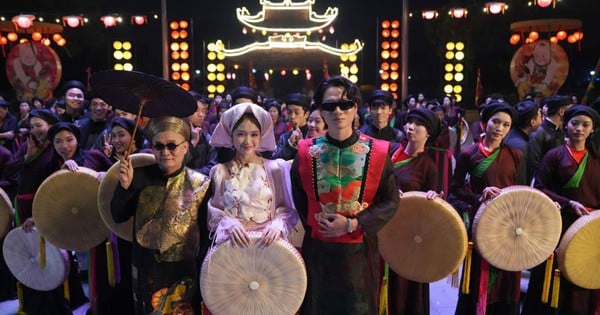





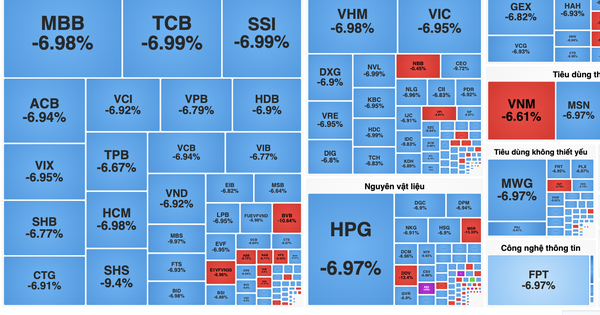

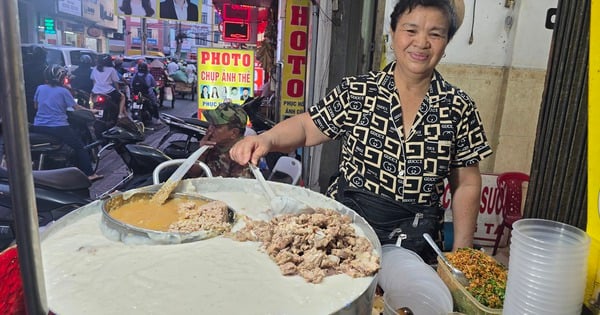





































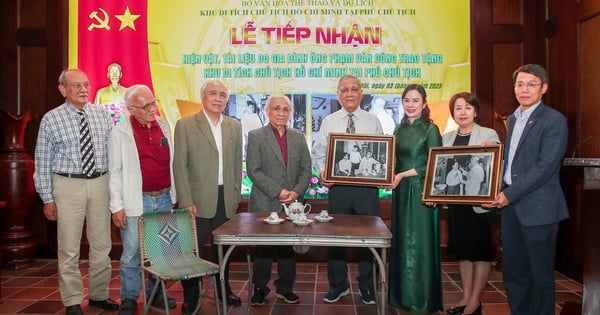

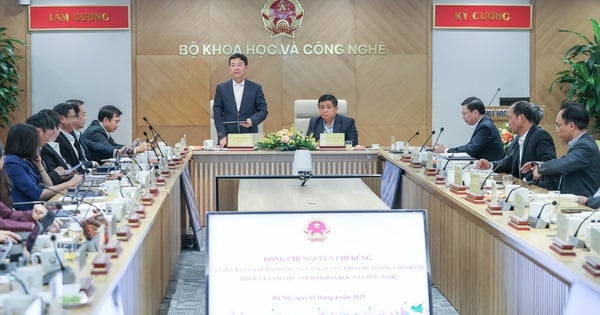

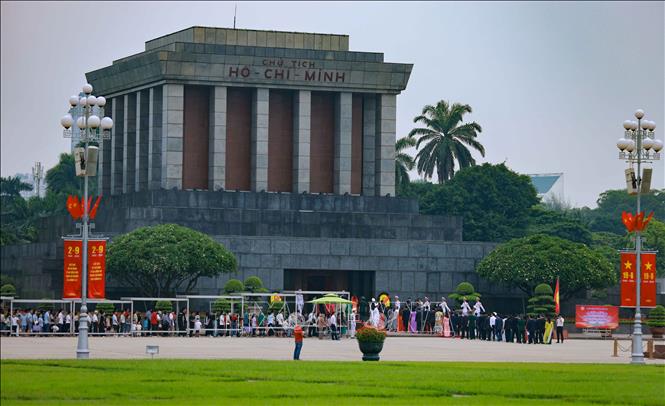

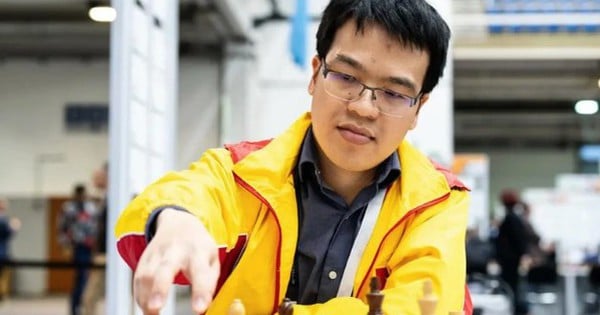
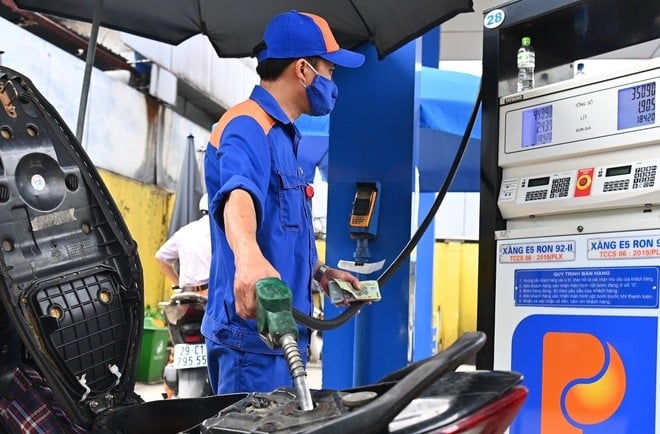

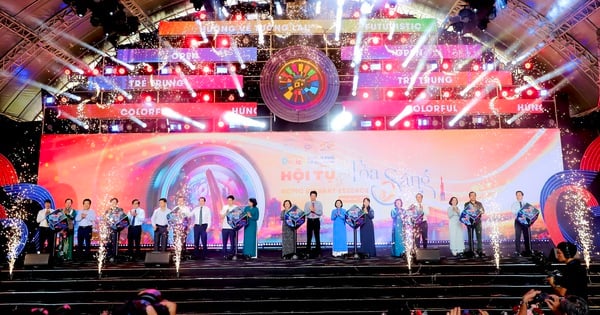


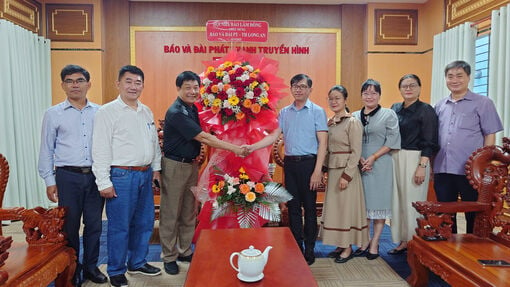


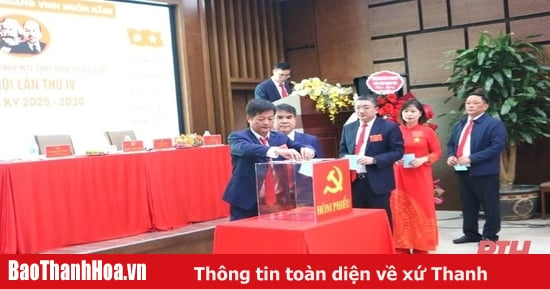
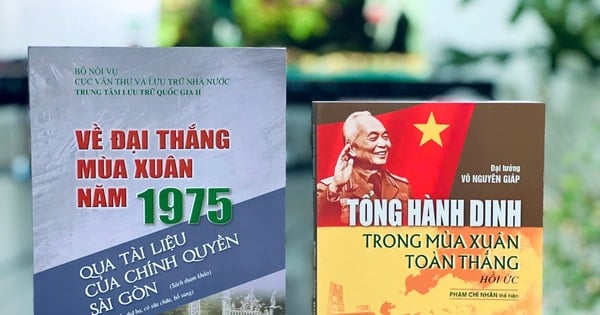

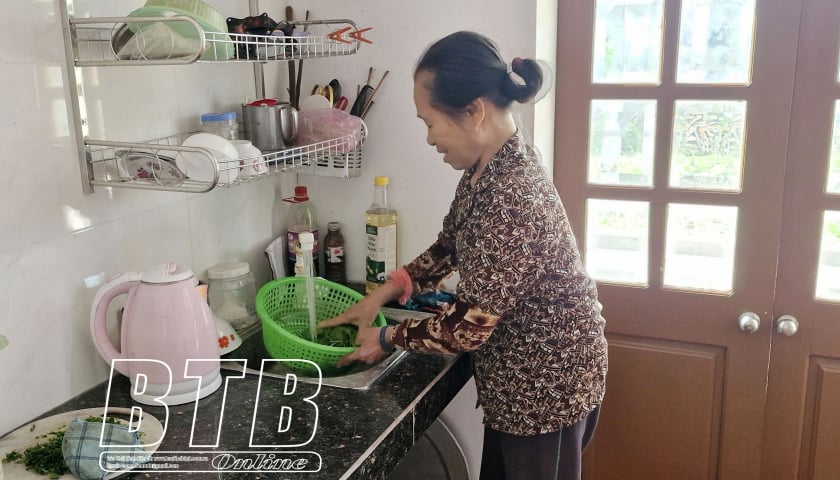












Comment (0)